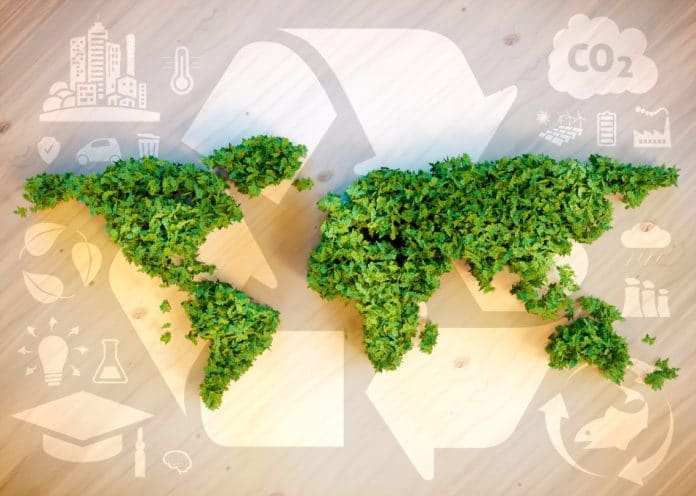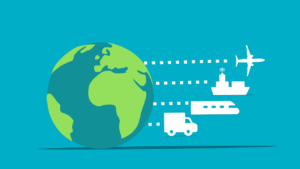On the occasion of the UN Food Systems Summit on September 23, 2021, the International Seed Federation (ISF) launches four key initiatives to advance seed resilience in order to contribute to the 2030 Sustainable Development Agenda.
The seed sector, which is at the beginning of the food system, defines Seed Resilience as “the adaptability and capacity to contribute to food and nutrition security by making accessible sufficient, diverse, locally adapted, improved, high quality varieties to all farmers taking into account environmental, health, social and economic aspects.”
“The UN Food Systems Summit is a critical juncture and the culmination of more than a year’s worth of dialogue around food systems transformation, which further revealed the interconnectedness of agriculture to solving global challenges like hunger, climate change, poverty and inequality,” says Michael Keller, secretary general of ISF. “But the Summit is by no means the ending. In fact, we see the continuation of a long journey towards sustainable food systems to which the seed sector by its nature has already been contributing for decades. The key initiatives are meant to accelerate our contribution to the United Nation’s Sustainable Development Goals (SDGs). With these initiatives, we would like to contribute to support the development of an inclusive and enabling environment, that includes seed legislation, variety release, plant variety protection, phytosanitary regulations, seed import, agricultural finance and agricultural advisory and extension services.”
The four initiatives outlined by the private seed sector as crucial are:
- Initiating and contributing through partnerships a “Network of Experience and Knowledge” on Seed Resilience
- Setting up a renewed dialogue based on data collection on sustainable seed systems and their contribution to Sustainable Development Goals
- Building a flagship project with partners for a sustainable seed system based on inclusiveness in a country
- Publishing a best practice guide on access to improved varieties and sustainable crop management
During next year’s ISF World Seed Congress 2022 in Barcelona, ISF will organize a Day of Seed Resilience, inviting stakeholders to showcase their contributions and present the progress of the initiative.
“This engagement on Seed Resilience will be replicated every year at least until 2030 to show our commitment to the achievement of the SDGs and the transformation of our food systems,” said Keller. “This transformation will require collaborative effort and a long term view. Through these four initiatives, ISF opens doors for new alliances and actions.”
These initiatives were first presented during the ISF virtual congress in July 2021. Earlier in the year, hundreds of seed companies and associations representing all regions joined forces with signing a Seed Sector Declaration, committing to actively support achievement of the SDGs and to proactively demonstrate their extensive and diverse contributions towards sustainable food systems.













